How to figure what to do with your life
One of the most common questions young ladies ask me is: How do I know what to do with my life? or I don’t know what to do with my life.
I can easily relate to this because I’ve been there myself. There was a time in my life when I was juggling so many things, yet nothing seemed to add up. I constantly felt that there was something more—something beyond what I was doing at that moment. Figuring out my path in life became a question I had to confront.
I had multiple talents and knew I had the capacity to excel in different areas. I could sing—I was even part of my church’s worship team. I could write and review books. I could act, and I was also involved in the church drama group. Despite all these abilities, I still felt uncertain about my direction.
A month ago, I hosted three young girls in my home for discipleship. We started with a simple conversation about life, and I asked them, Who do you want to be in the future?
Their response surprised me. They hesitated, even seemed afraid to answer. When I asked why, they said that life in Nigeria had made them realize it’s not about who they want to be but rather about what they need to do to survive.
I then shared a story with them about a video I once watched. In the video, a woman was asked what she wanted to do with her life. She replied, I don’t know, but I know I want to own a company with many secretaries.
And today, that is exactly who she is—a successful business owner. That story encouraged them, and it reinforces an important lesson: The focus should not just be on what you want to do, but on who you want to become.
Focusing only on what to do in life can feel restrictive, limiting you to a single path. For instance, if you have a good voice, that talent isn’t just for singing—you could use it for voice-over work, audiobooks, presenting, and so much more. A particular gift can be expressed in different ways.
But when you focus on who you want to become, you develop a broader vision—one that helps guide your choices and shape your path.
With that in mind, I want to share some of the things I did that helped me figure out what I wanted to do with my life.
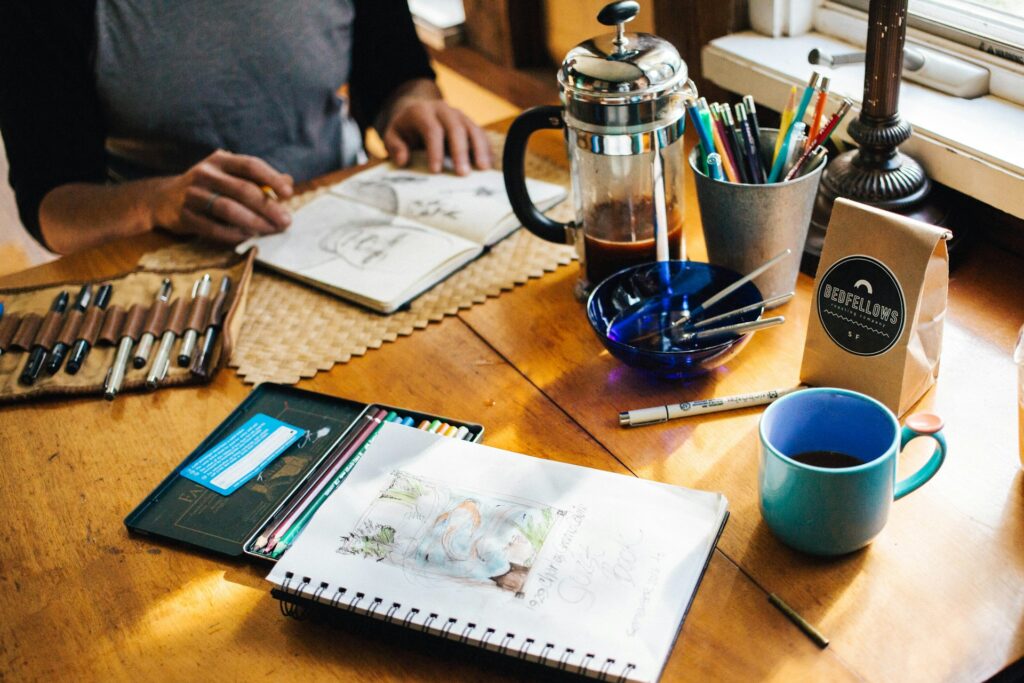
- Information
The first and most essential tool for discovering who you want to be and what you want to do in life is information—specifically, information about yourself.
To gain clarity, you need to ask questions. Start by seeking insights from the people around you. Ask them about your strengths and weaknesses. However, beyond external perspectives, the most crucial questions should come from within. No one knows you—your experiences, struggles, and story—better than you do.
No matter how old you are, you’ve lived through unique experiences that have shaped you. Consider your upbringing, your challenges, your privileges. Outline these moments and use them to connect the dots of your journey.
Don’t be afraid to dig deep. Self-discovery requires courage, even when it leads to difficult truths. Perhaps you were molested as a child, or maybe you were raised with confidence and support. Maybe you had financial struggles but carried the privilege of beauty or intelligence. Everything you’ve been through holds meaning.
Ask yourself thought-provoking questions:
- Why do people listen when I talk?
- Why do I struggle with anxiety?
- Why am I so confident?
- What life experiences have shaped my fears, strengths, and dreams?
These are the types of reflections that helped me. There was a time in my life when I felt like I had wasted years on things that didn’t matter. I often thought, I should have started blogging years ago. But I later realized that what held me back wasn’t time—it was a lack of information. If I had known then what I know now, I would have made different choices.
Instead of dwelling on regret, I shifted my focus to seeking knowledge, and that pursuit led me to where I am today.
So, be curious about your story. Ask yourself questions, and never stop asking—because clarity brings freedom. And don’t stop at asking yourself; ask God as well. Through prayer, seek His guidance so that your steps and decisions align with His purpose for your life.
- Inspiration
Inspiration is a powerful force. Sometimes, you may not know who you want to be or what you want to do until you see someone embodying it—and suddenly, something clicks. Inspiration acts as a kickstarter, pushing you to recognize possibilities within yourself that you may never have considered.
Years ago, I experienced this firsthand. Every time I read great books, I would sometimes lose track of what I was reading—not because I wasn’t paying attention, but because my mind would be racing with thoughts like, Wow… this is who I want to be. This is what I want to do. I wanted my writing to have the same impact. I wanted people to read my content and feel encouraged, inspired, and empowered. That realization shaped my journey.
Have you ever had a moment like that?
I remember a particular day when Dr. Ferdinand Nweke, out of the blue, said to me, Patience, you hardly talk, but when you do, you say important things. His words meant so much to me. It was a reassurance that I was on the right path.
At the time, I wasn’t even fully into blogging. I would occasionally post random thoughts on Facebook, but I hadn’t yet taken the time to deeply understand myself or my purpose. Then, I saw someone doing what I admired, and it stirred something in my heart—this is what I want to do.
That’s what inspiration means to me. The more I read people’s stories, watch documentaries, and listen to podcasts, the more I become aware of who I want to be.
Maybe a traditional 9-to-5 job isn’t for you. But by exposing yourself to different perspectives, ideas, and possibilities, you might just discover something that ignites a passion within you. Inspiration can be the spark that sets you on the path to your true calling.
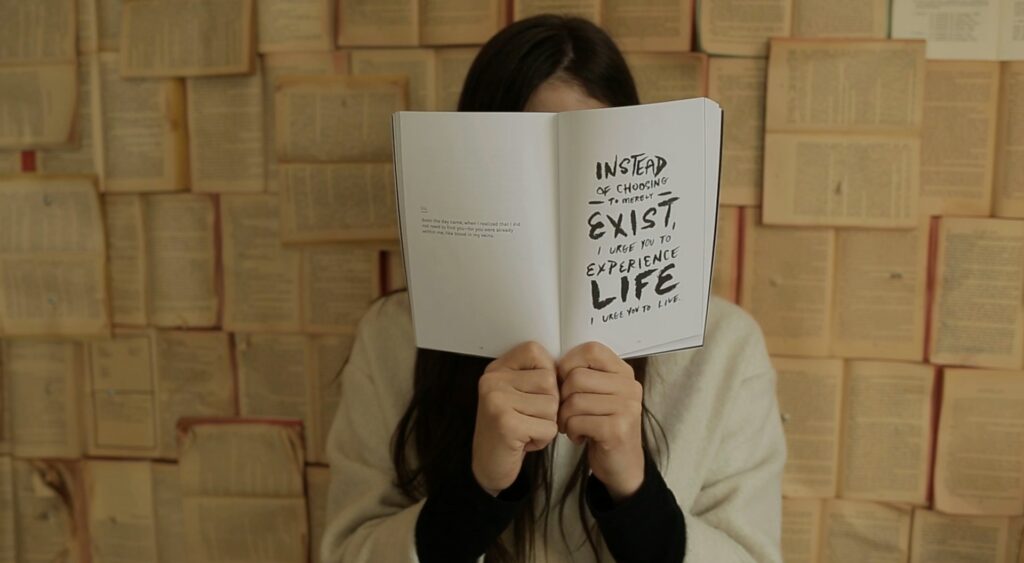
- implementation
This is about more than just taking actions, it’s about intentional action. It’s not enough to stay busy in life; it matters when you consciously engage in activities that bring meaning and direction to your life.
Think of it as a trial-and-error experiment—one where you actively extract lessons from each experience, identify patterns, and connect the dots as you move forward.
For example, you may have studied engineering in university but later found yourself learning a trade like tailoring just to survive. At first, this may seem unrelated to your original path, but in reality, there are valuable lessons hidden in every experience. Often, we subconsciously learn from that environment that we don’t immediately recognize.
That’s why it’s important to be intentional about drawing lessons from everyday experiences. These lessons could hold the key to future opportunities.
Keep your heart open to the feedback life gives you in different seasons. There is always a connection. Clarity doesn’t come from overthinking—it comes from doing.
These are some of the essential tools that have helped me gain clarity on who I want to be and what I want to do.
If you have any questions, feel free to leave them in the comments below, and I’ll be happy to shed more light on them.
Thank you, and God bless you!
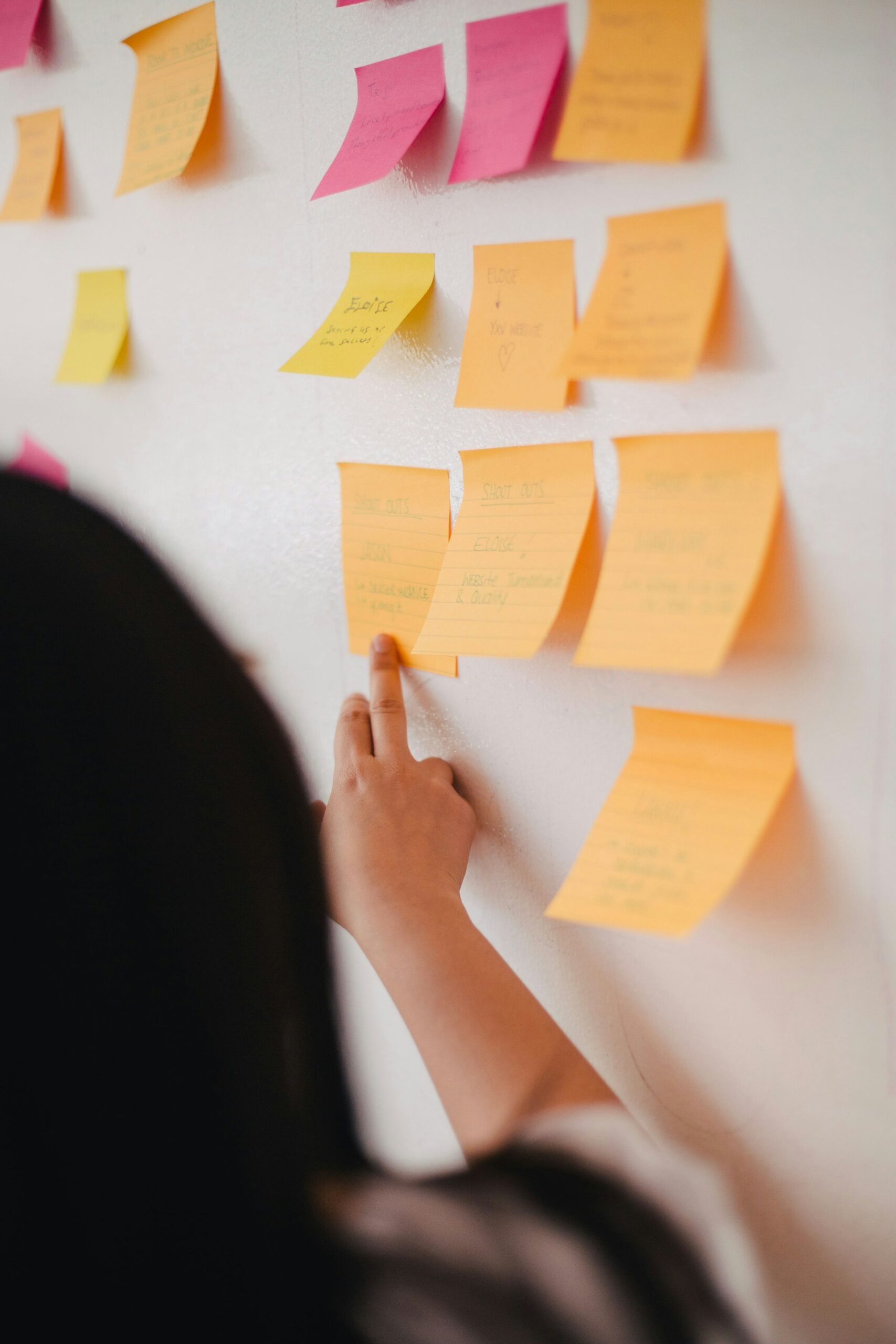

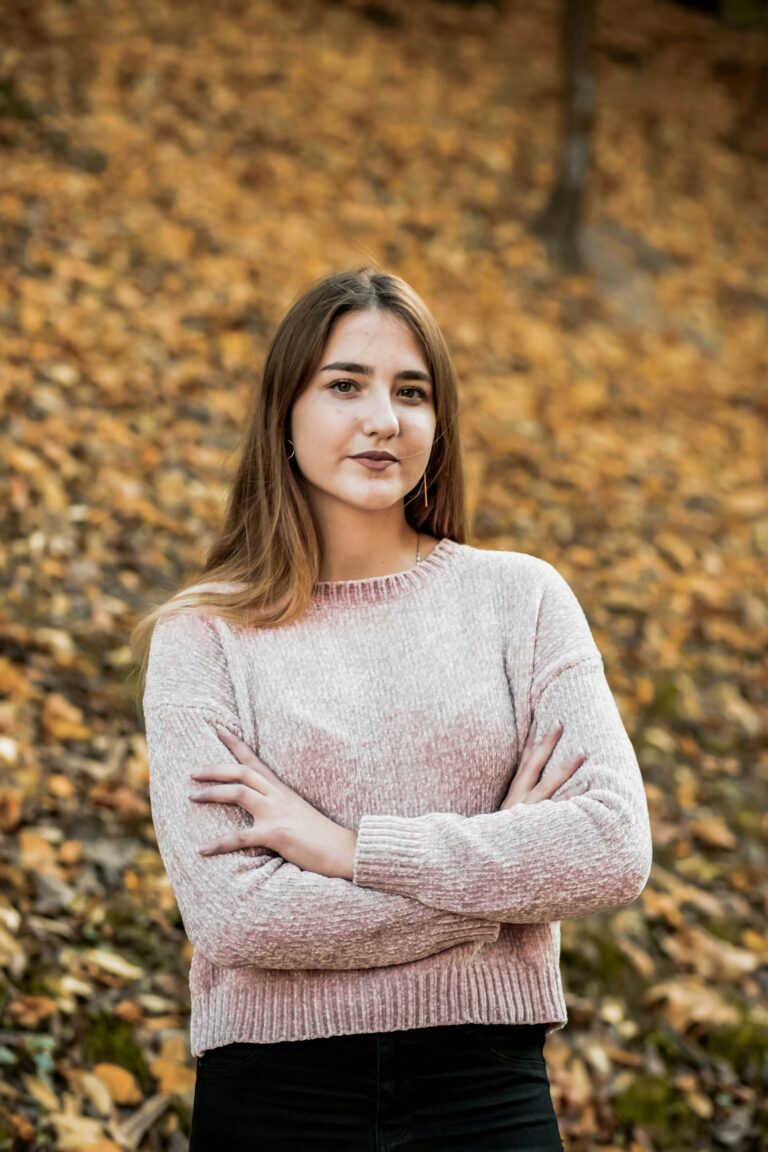
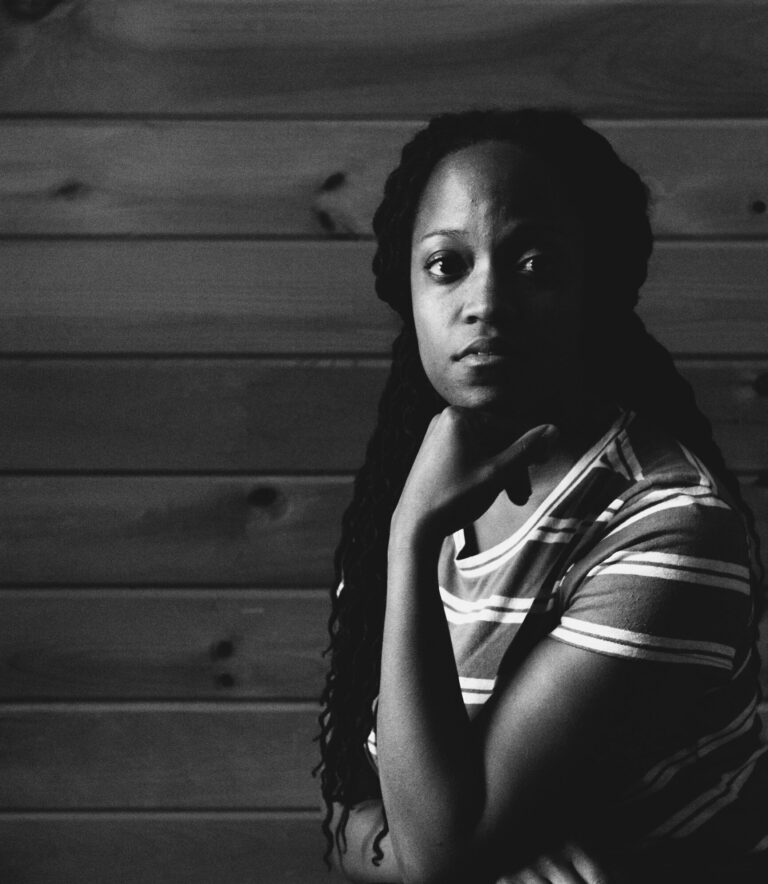

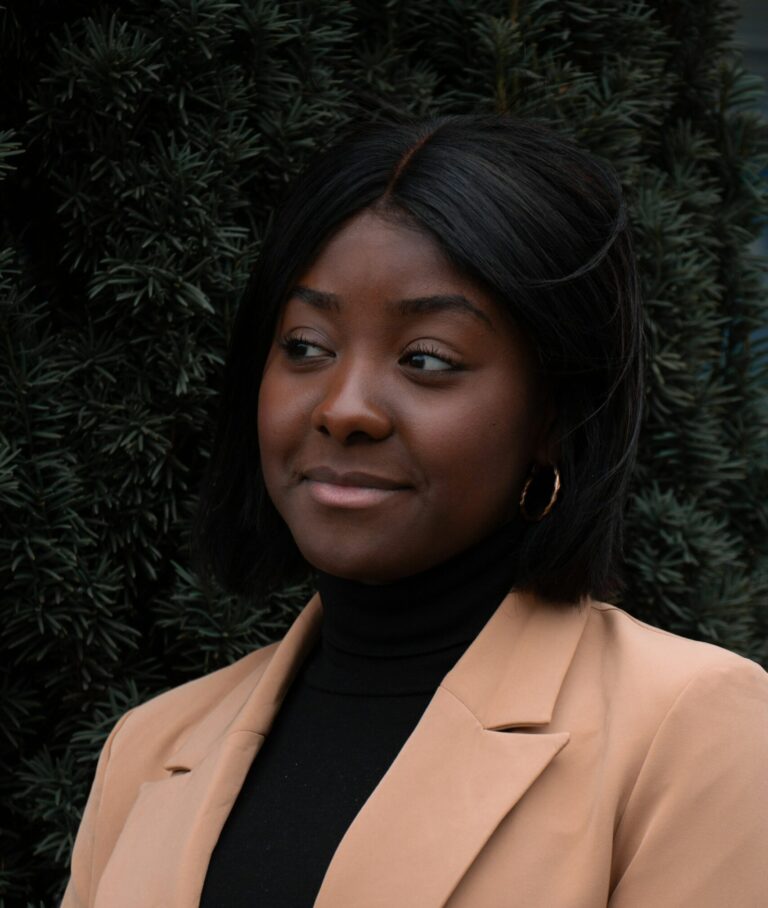

Great information and encouragement.
Thanks, I’m glad you find this a helpful one.